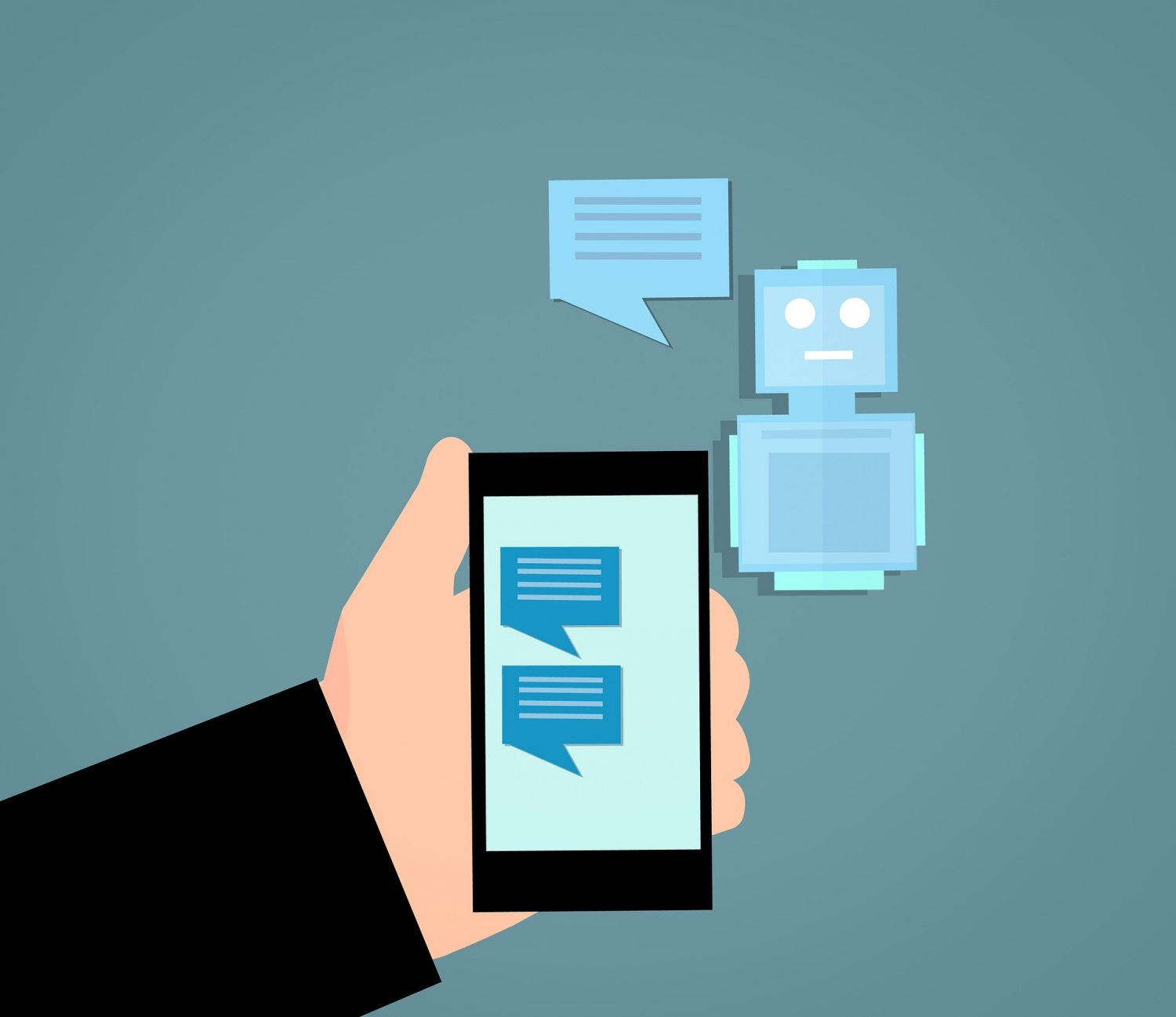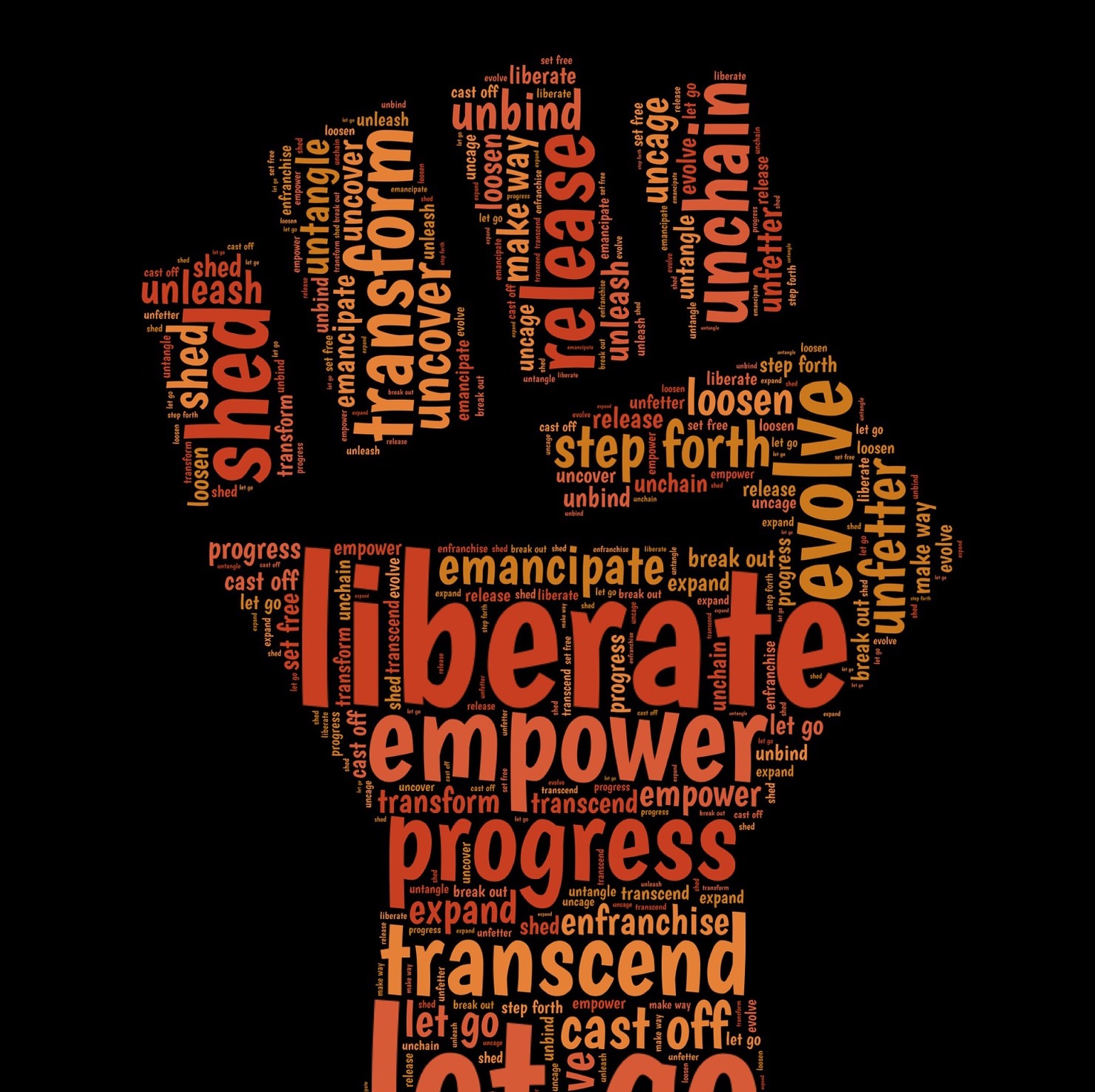
What 2017 Taught Us About the Live Chat Customer Experience
November 10, 2017
Beyond digital and what many CMOs should be considering putting into their 2018 strategic plan
November 17, 2017The uniqueness in everyone is the largest asset you have in customer experience – Interview with Sam Johnson of Jamf
Today’s interview is with Sam Johnson, VP of customer experience at Jamf, a provider of software for enterprises and smaller businesses that helps them manage their Apple devices. Sam joins me today to talk about the idea that despite the fact that Jamf is a ‘tech’ focused company, most of the people that they hire don’t have tech backgrounds, why they taken that approach, how it came about, what the benefits have been and what others can learn from it.
Some of the keener regulars here will recognise Sam as he featured in another interview in October: The meaning of personalised customer experience – Interview with Jamf, Paycor and Qumulo.
This interview follows on from my recent interview – Communities will become a core engine of commerce, innovation, experience, loyalty and service – Interview with Rob Tarkoff – and is number 240 in the series of interviews with authors and business leaders that are doing great things, providing valuable insights, helping businesses innovate and delivering great service and experience to both their customers and their employees.
Highlights from my conversation with Sam:
- Jamf has around 700 employees and over 12,000 customers around the globe.
- More than 60 percent of Jamf employees hold a liberal arts degree, as opposed to a computer science or other technical degree.
- Sam cited one of Jamf’s founders who, at a management meeting, said “We are trying to solve problems that didn’t exist yesterday and that’s what a liberal arts education gives you”.
- Looking for graduates with a liberal arts education background was not a deliberate strategy but one that emerged as they looked for the sort of skills they required and the skills they possessed.
- Looking for emotional intelligence and empathy has always been a key hiring requirement as has looking for technical curiosity and aptitude.
- When they have interviewees in to their offices, the Jamf interviewer often just walks up and starts to talking to them, given their focus on the soft skills side of things. Interviewees often don’t realise that their interview has started til about 25-30 mins in.
- The standard recruitment process is often not fit for purpose when it comes to identifying and gauging a person’s level of emotional intelligence and empathy.
- You have to have your HR team on board and help them understand that when reviewing CVs that you are looking for ‘voice’ in a candidate’s CV, one which shows their personality a little bit and allows their experience shine through.
- Referenced an interview with interview with Liz Graham, Vice President of Sales and Service at Wayfair, who described the new and innovative initiatives that they have recently implemented to help them identify the right sort of skills and talent for their business
- 1. Having a recruitment stand at a Comic-Con festival in Salt Lake City, and
- 2. The use of an Escape The Room type initiative as part of their recruitment process.
- The best tools, ideas or methods to identify the best talent are not always directly related to the job you are hiring for.
- Training technical skills is faster and easier than training empathy.
- Training empathy at scale is hard and better done via one to one support, coaching and training.
- The best way that they have found, however, to try and train/develop empathy en-masse is through their The Co-Worker Mentality workshops, where they present real customer problems and then they have the teams explain how they solved those issues, all the way down to the carefully crafted emails that they sent out. That way the whole experience can be scrutinized for how it can be more empathetic and sincere.
- Liberal arts graduates have often already developed empathy musculature.
- Leaders play a crucial role in promoting empathy, particularly in how they lead by example.
- Sam cites a recent example of when their CTO was working late, til about 1am in the morning, for a few nights in a row. This was for a customer that had some big issues that needed some engineering assistance. The CTO’s leading by example was noticed by the customer, rallied the team and exemplified a customer first mentality that the engineering team didn’t always have before.
- Liberal arts education seems to focus on how to learn.
- If you have a passion for learning and understanding then you can take on almost anything.
- Whilst Sam says that they don’t map or measure primary outcomes based on their approach (CSAT, NPS, retention, productivity etc), he does see clear secondary benefits such as increased diversity, which drives a better and more cohesive culture and higher levels of employee engagement.
- Culture isn’t created by the company, it is created by the people themselves. The company provides the arena and conditions for the culture to grow and manifest itself.
- Therefore, everyone has the opportunity to come and shape that culture. Their hiring patterns show that they have hired lots of people that want to take an active part in shaping their culture.
- Whilst Sam has no hard evidence to support the efficacy of their approach, he believes it works. It is supported by numerous examples:
- Their first hire in support, using this approach, is now in charge of their entire product management group,
- They had an intern in support that is now their lead architect in their engineering team, and
- A large number of the leaders in Jamf have all come through the ranks as members of the customer service group.
- Jamf has a 96 percent customer retention as well as high NPS scores.
- The top lessons that Sam has learnt on this journey include:
- Empathy is key to engagement.
- Expose and encourage authenticity.
- The uniqueness in everyone is the largest asset you have in customer experience.
- The fallible human is the only way that you can create relationship.
- To create that relationship beats consistency in the long game, every time.
- Relationship is the key to superior experience.
- Sam views customer experience as an art in that imperfections are the opportunities for the person that created/delivered the experience to make the picture better or enriched.
- It’s our imperfections that make us who we are and it is our imperfections that make us love or hate each other. The same is true for business.
- If you are trying to create a human experience and think that is the best approach for your customers, then create the human experience and humanise the technology.
- Wow service/experience for Sam is when you establish a human moment/connection that goes beyond expectations. That typically starts and happens when an agent or representative demonstrates that they want the success or solution just as much as the customer does.
- Sam was very kind and plugged my book: How to Wow: 68 Effortless Ways to Make Every Customer Experience Amazing as part of his shameless plug.
- Spend just as much time designing your employee experience as you do designing your customer experience.
- Check out Jamf.com.
About Sam (adapted from his Jamf bio here)
Sam Johnson joined Jamf in 2008 and now oversees the company’s technical support, account management and customer success functions worldwide as their VP of customer experience.
He has more than 15 years of experience working with Apple Management in commercial and education environments. Sam is an impassioned leader who maintains a steady focus on reinforcing the organization’s high value on customer centricity.
He holds a degree in management information systems from the University of Wisconsin-Eau Claire.
Check out the work that Jamf do, say Hi to them and Sam on Twitter @JAMFSoftware and @samgfall and connect with Sam on LinkedIn here.
Thanks to Pixabay for the image.





2 Comments
I believe that designing employee experience just as if not more important than designing your customer experience, with good employee experience the employees will pay their experience forward to the customer.